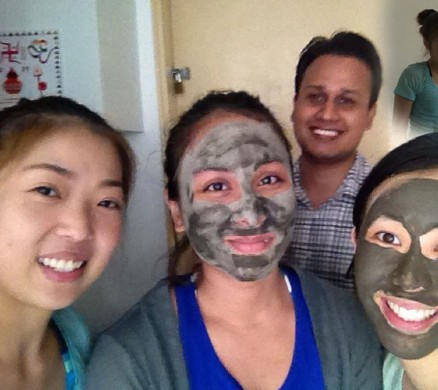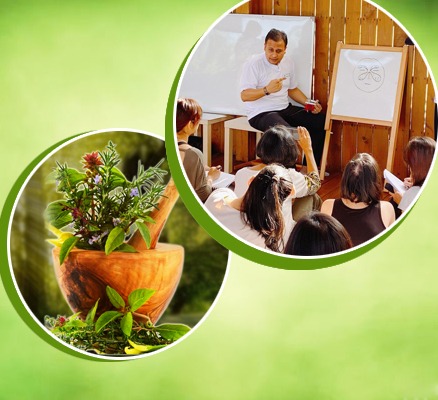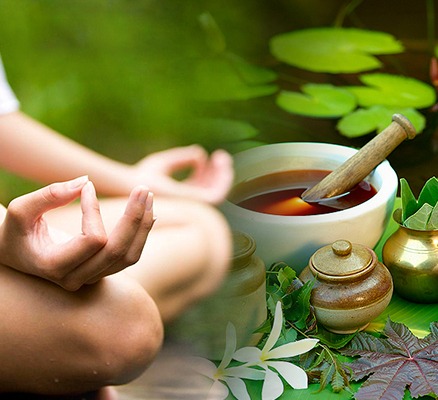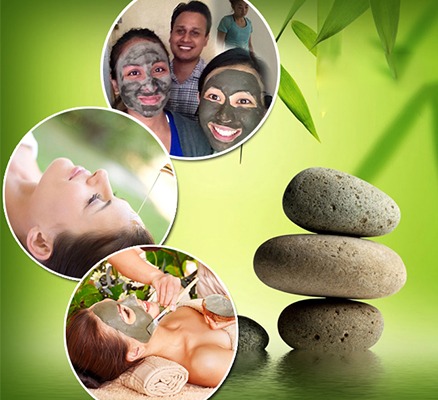Introduction:
The goal of an Ayurvedic yoga practise is to bring harmony to your doshas via individualised asana practise. Dosha is a Sanskrit term that means “that which gets unbalanced,” thus when you practise yoga, breathing, and meditation, you’re really helping your mind and body. Ayurveda certification is a way of life, and adopting some of its tenets might help you feel more in harmony. Simply choose one and give it a go. A “dosha-imbalance test” may help you choose which branch of ayurvedic yoga is most beneficial for you. After that, choose one and give it a go. If you want to learn how to bring harmony to your doshas, try taking an Ayurvedic yoga session and get an Ayurveda certification.
Certificate In Ayurveda Principles (CAP)
Eligibility : Everyone who wants to get Ayurveda certification is eligible.
Summary of Ayurveda course Singapore : Allows the students to have basic information about ayurveda and Body type diagnosis.
Duration (In hours) : 10 hrs
$550 + $80
Ayurveda Therapy Foundation Course (ATFC)
Eligibility :Everyone who wants to learn Ayurveda is eligible.
Summary of Course : Imparts skills in application of herbal supplements for restoring and promoting positive health and learning the etiology of selected Issueswith the help of research surveys and clinical observations in the context of Ayurveda
Duration (In hours) : 60hrs
$1280 + $120
Ayurveda-Yoga Therapy Foundation Course (AYTFC)
Eligibility :Everyone who wants to learn Yoga and Ayurveda is eligible.
Summary of Course :Allows the students to have the basic idea of therapy and makes them aware about their limitations in giving generalized yoga or Ayurveda course in Singapore to diseased patients
Duration (In hours) : 120hrs
$2000 + $300
Ayurveda Therapist Training Course (ATTC-500) or Ayurveda Therapy Wellness Course (ATWC-300)
Eligibility :Should have completed AFC or equivalent certifications from any Ayurveda institution.
Summary of Course :Allows the student to be a junior therapist of Ayurveda to give the therapy to patients under the supervision of Ayurveda Consultant
Duration (In hours) : 300 hrs / 500 hrs
$3500 + $500 for 300 hrs
$4500 + $500 for 500 hrs
Ayurveda-Naturopathy Therapist Training Course (ANTTC)
Eligibility : Graduate from any stream+ AFC
Summary of Course :Allows the student to be a Senior therapist of Ayurveda and natural therapy under the supervision of Yoga Consultant and can also train Junior therapists as Teacher.
Duration (In hours) : 1000 hrs
$6000 + $500
Ayurveda Lifestyle Practitioner Course (ALPC)
Eligibility :Should have completed AFC+ATTC or equivalent certifications from any Ayurveda institution.
Summary of Course :Allows the students to practice Ayurveda as Lifestyle practitioner and train Ayurveda Therapists
Duration (In hours) : 1200 hrs
$7000 + $500
Pay Online


Fixed a Date for Exam Details
- Plan for completion of course and exam well in advance. Absence in classes or missing the lessons is solely the responsibility of student.
- Booking exam date needs 30 days in advance.
- If 30 days of booking the exam exceeds the max time limit of course, then school is not responsible. Student have to plan their course keeping last 30 days of exam in advance.
- One time fixing a date of exam is FREE because it’s been added in registeration fees paid during starting of course.
- Any change in date after first fixing of date will add extra cost of $125 each for theory and $125 for Practical.
- Death of near and dear ones, Medical emergency with proof, Natural calamity are exceptions.
- Recording and Submission of Video
For students safety, the video has to be recorded on a device brought by student and she/he has to upload the link on Google drive and have to share to Unionyogaayurveda@gmail.com and mysilentyogi@gmail.com within 5 working days.
- Additionally, the student has to submit a copy of video by using flash drive to exam centre under supervision of internal examiner within 5 working days.
- Late submission will be considered as exam cancelled and later have to start the process from first step of booking the exam.
- 50% of marks from Internal examiner.
- 50% of marks from external examiner.
- Both are added to make final marks. In short, average of internal and external examination is final marks or final grade.
- Evaluation is done based on your clear instructions, corrections, questions and answers, usage of sanskrit terms and correct english names with indication, contraindications with subtle points mentioned in Yellow practical book.
- The expectation of knowledge while evaluation from Internal and external examiner may vary because of which there can be difference in marks and final grades also dependent on average of marks given by internal and external examiners.
- Students who are unsatisfied by lower grades can ask for recounting and re-evaluation by another examiner by giving official request and payment of fees:~Re-evaluation $125 for theory and $125 for Practical.~Re-Counting $75 for theory and $75 for Practical.
- Recounting or Re-evaluation and payment of fees doesn’t means the grades will go higher. It’s a evaluation or counting done by another examiner which may result to increase or decrease or no change in grades. This requires max extra 30 days from the date of application of re-evaluation or recounting.






